Soil amendment for high pH, sun burned Texas
joebok
12 years ago
Related Stories

GARDENING GUIDESHow to Stop Worrying and Start Loving Clay Soil
Clay has many more benefits than you might imagine
Full Story
GARDENING GUIDESGrow a Beautiful Garden in Alkaline Soil
Got alkaline soil? Learn how to manage it and the many beautiful plants that will thrive in this ‘sweet’ soil
Full Story
GARDENING GUIDESGet the Dirt on Your Garden’s Soil
Understand how your soil supports your plants so you can ensure your garden’s success
Full Story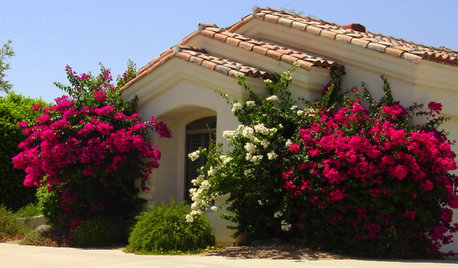
LANDSCAPE DESIGNGreat Design Plant: Sun-Loving Bougainvillea Showers Yards With Color
Bring unbeatable vibrancy to a garden or wall with this unfussy and trainable shrub packed with colorful bracts
Full Story
GARDENING GUIDESGarden Myths to Debunk as You Dig This Fall and Rest Over Winter
Termites hate wood mulch, don’t amend soil for trees, avoid gravel in planters — and more nuggets of garden wisdom
Full Story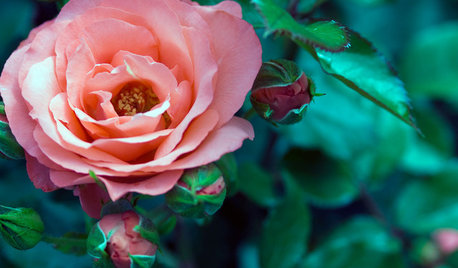
GARDENING GUIDESLearn the Secret to Bigger and Better Roses
Grow beautiful roses using both ordinary and unusual soil amendments
Full Story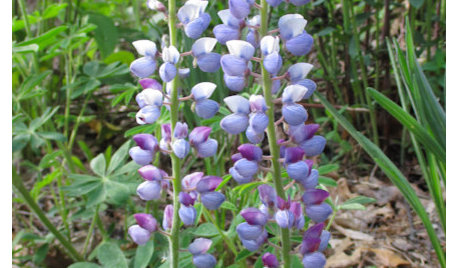
GARDENING GUIDESGreat Design Plant: Wild Lupine Dresses Up Rocky Gardens
Spiky blue flowers and a high tolerance for poor soil make this plant ideal for tough sites
Full Story
LIGHTINGThe Lowdown on High-Efficiency LED Lighting
Learn about LED tapes, ropes, pucks and more to create a flexible and energy-efficient lighting design that looks great
Full Story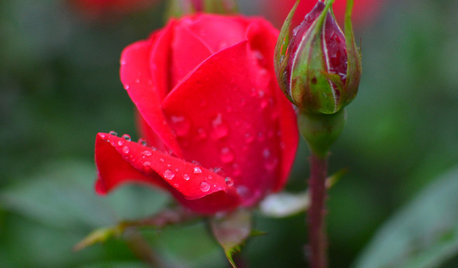
GARDENING GUIDESGreat Design Plant: Knock Out Roses
As glorious as their high-maintenance kin for a fraction of the work, Knock Out roses make even beginners look like garden stars
Full Story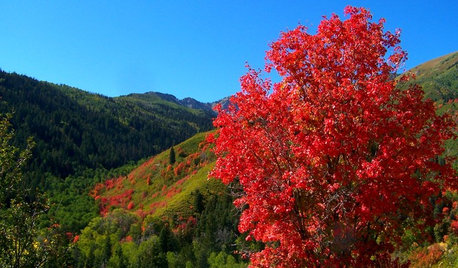
GARDENING GUIDESBigtooth Maple, the West’s Native Sugar Maple
Plant Acer grandidentatum for cool shade, brilliant autumn colors and songbird habitat
Full StoryMore Discussions








feijoas
novascapes
Related Professionals
Wrentham Landscape Architects & Landscape Designers · Mitchellville Landscape Architects & Landscape Designers · Sahuarita Landscape Architects & Landscape Designers · Peabody Landscape Contractors · Barrington Landscape Contractors · Framingham Landscape Contractors · Gainesville Landscape Contractors · Hawaii Landscape Contractors · Stony Brook Landscape Contractors · Palos Heights Landscape Contractors · Asheville Decks, Patios & Outdoor Enclosures · Lacey Decks, Patios & Outdoor Enclosures · Leander Decks, Patios & Outdoor Enclosures · Lockport Decks, Patios & Outdoor Enclosures · Vero Beach Decks, Patios & Outdoor EnclosuresKimmsr
joebokOriginal Author
lazy_gardens
toxcrusadr
tishtoshnm Zone 6/NM
reg_pnw7
cheapheap
novascapes
fortyonenorth
ctnchpr
greenleaf_organic